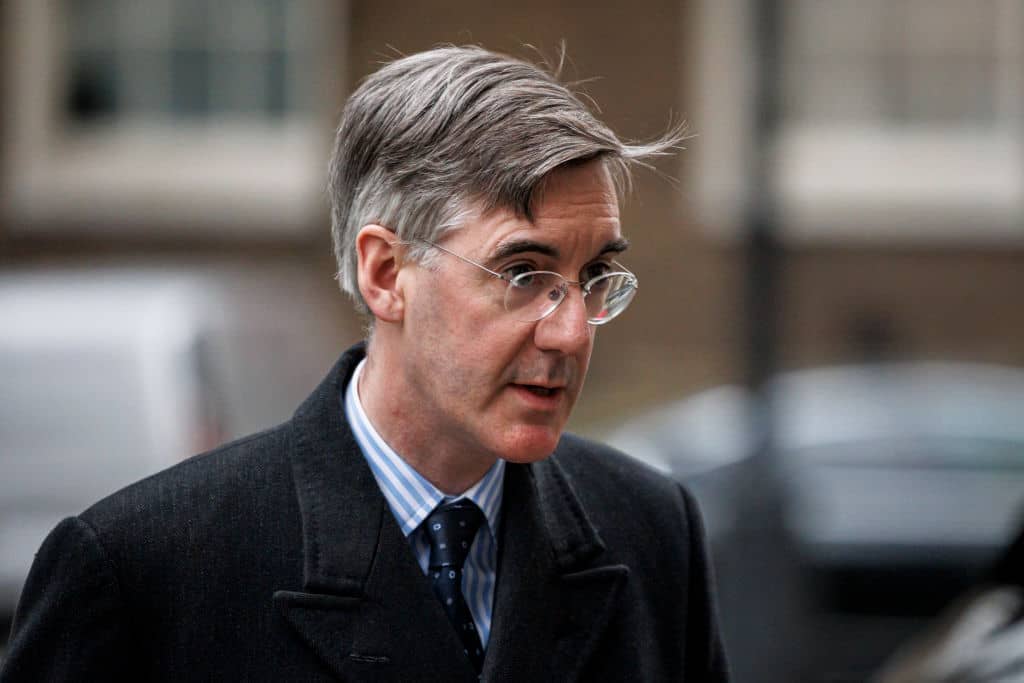What an heroic stand for freedom and justice Jacob Rees-Mogg has just made by criticising the system of Fixed Penalty Notices (FPNs). According to the Brexit Opportunities minister, the reason this form of summary justice “goes against British tradition” is that an FPN “assumes you are guilty until proven innocent because you have to go to court to get it set aside”.
It is not that I disagree with him – it’s just that I would have been rather more impressed had he made this point before police began to shower the Prime Minister and Downing Street staff with FPNs. The problems with FPNs and their civil cousins Penalty Charge Notices (PCNs) have been very clear for many years. They have unleashed a culture in which police, councils and other authorities of the state have been able to extract large sums of money from the public for very minor infringements of laws and bylaws – without any proper right to appeal.
Now that the culture of mass fines for petty infringements of the law has arrived in Downing Street, suddenly it is a different matter.
We have councils raking in millions in fines from motorists who stop for a few seconds in a bus lane or box junction – in one case last week a woman was fined for pulling into an empty bus lane briefly to allow an ambulance to pass. We have councils sending bands of privateers onto the street incentivised to issue as many litter fines as possible – which they do by scooping up large numbers of people who drop cigarette ends, cherry stones and in one case a man who dropped a £10 note.
Police and councils get away with these fines because most people of limited means come to the conclusion that it is not worth the financial risk of challenging them in court. These kinds of fines fall mostly on the poor, and often on women with young children – people who tend to be around in provincial town centres in the middle of the day, where the privateers find it most profitable to operate. Pirate firms have made fortunes from their contracts with councils, who allow them to keep a proportion of each fine issued.
Yet the government never saw any problem with this. On the contrary it has aided and abetted the practice. In 2018, it upped the maximum litter fines from £80 to £150 – a substantial sum for the mostly poor recipients of the fines. Just last year, the government extended the powers to issue traffic fines to local authorities outside London, where previously such matters had been the exclusive preserve of the police. Instead of addressing fears that it would lead to councils embarking on a similar bonanza as evident among many London councils, transport minister Baroness Vere insisted that the new powers boosted the “ethos of localism”. The government granted, and encouraged, the police powers to dish out fines for minor breaches of covid law.
But now that the culture of mass fines for petty infringements of the law has arrived in Downing Street, suddenly it is a different matter. Government ministers can suddenly see the disproportionate nature of it all. Better late than never, I guess. But his belated realisation does rather make Jacob Rees-Mogg look less a man of high principle than an aloof figure out to defend his own kind.







Comments